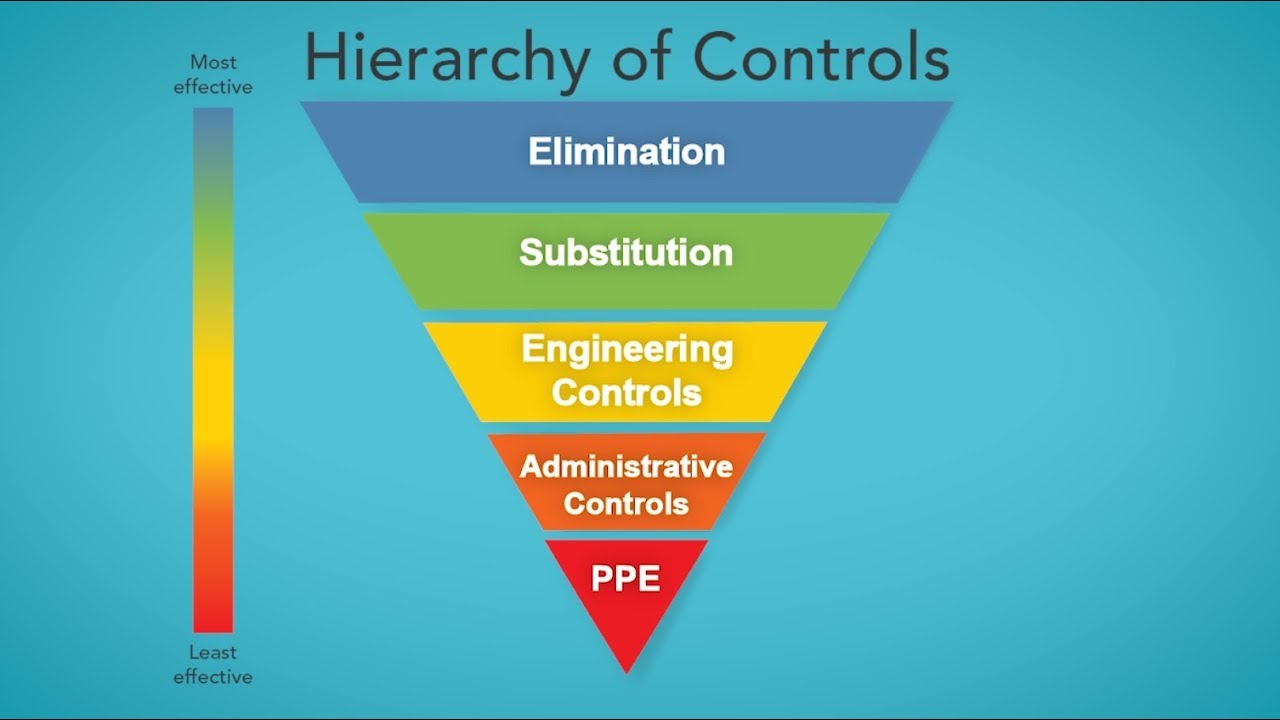
Every business should consider waste management. Waste disposal is a legal responsibility that has an impact on the environment. It is essential for businesses to recycle. There is still a lot of waste that gets created every year. Businesses must be accountable for any by-products from their processes. Businesses will be able to reduce waste by enforcing current laws and regulations. To help businesses achieve this goal, they can create policies that will guide their actions.
Environmental impact
Businesses can have both positive and negative effects on the environment by properly managing their waste. Properly disposing of garbage can lead to contamination of water supplies and surface areas. This can be dangerous for humans, animals, and plants. It also pollutes our airways, which can lead directly to breathing problems and other health problems. To combat these issues, businesses should ensure that they are using environmentally-friendly methods of waste management.
It is becoming increasingly important that waste management companies become more aware of environmental issues. It doesn't matter how small or big a company is, compliance with environmental regulations is essential. This step will not only enhance your company's reputation and image, but it will also help you earn praise from environmental groups and be a model for solid-waste policies. It is possible to improve a company's environmental performance by hiring a recycling company and investing in equipment.
Prices
The costs of waste management for businesses include fuel, containers, transport vehicles, fuel and landfill taxes. There are also costs associated with recycling. Although recycling is not free, it is an effective way to manage waste. Many cities have recycling programs and these programs reduce the amount of waste that is sent to landfills.

Recyclable waste is often much cheaper than traditional landfill fees, and over 60% of rubbish can be recycled. Non-compliance with waste disposal regulations in the UK can lead to fines and even imprisonment.
Problems
Poor waste management contributes to climate change, air pollution, and degrades many ecosystems. Landfills are the last option for disposing of waste. They release methane which is a powerful greenhouse gas that can be linked to climate change. They also contaminate soil and water. In some cases, a business may be responsible for creating more waste than it can handle.
Poor waste management can lead to health problems and increase the risk of disease outbreaks. Solid waste that is not properly handled can cause skin irritation and even respiratory problems. It can also contaminate surfaces and water, contributing to food borne illnesses. Landfills that have not been properly maintained can pose a threat to the community's health as toxic chemicals could leach into the water, causing health problems.
Solutions
Waste management is essential for businesses, as it can help keep working areas cleaner and safer. This is particularly important for companies in the food industry and hospitality industry. Good waste management plans can reduce potential fines and liability. It can improve customer relations and enhance brand image. It can help you stay ahead by streamlining your waste management processes.
You can simplify your waste management by measuring the amount of waste you produce and identifying its source. You might want to invest in a large vertical binder if your company produces a lot of cardboard waste. This will reduce the waste volume while making it easier to recycle.

Partnering with waste management companies
The partnership with a waste company to manage your business' waste can prove beneficial. It's important that you choose a company that is compatible with your business' schedule and has consistent pickups or deliveries. The cost of hiring a waste disposal company is a big investment, so choosing one that is worth it is crucial.
You need to feel that the waste management company will put your needs first. They should also be able give you estimates and arrange collections at your convenience. They should be easy to reach and have a strong customer-centric attitude.
FAQ
What role does a manager have in a company's success?
Each industry has a different role for a manager.
Managers generally oversee the day-today operations of a business.
He/she makes sure that the company meets its financial obligations, and that it produces goods or services that customers desire.
He/she is responsible for ensuring that employees comply with all regulations and follow quality standards.
He/she oversees marketing campaigns and plans new products.
What are some common mistakes managers make?
Managers sometimes make their own job harder than necessary.
They may not assign enough responsibilities to staff members and provide them with inadequate support.
A majority of managers lack the communication skills needed to motivate their team and lead them.
Managers set unrealistic expectations and make it difficult for their team.
Managers may attempt to solve all problems themselves, rather than delegating it to others.
What are the 4 major functions of management
Management is responsible in planning, organizing and directing people and resources. It includes the development of policies and procedures as well as setting goals.
Management assists an organization in achieving its goals by providing direction, coordination and control, leadership, motivation, supervision and training, as well as evaluation.
Management has four primary functions:
Planning – Planning involves deciding what needs to happen.
Organizing is the act of deciding how things should go.
Directing - Directing means getting people to follow instructions.
Controlling - Controlling means ensuring that people carry out tasks according to plan.
What is Kaizen?
Kaizen is a Japanese term for "continuous improvement." It encourages employees constantly to look for ways that they can improve their work environment.
Kaizen is a belief that everyone should have the ability to do their job well.
How does a manager motivate their employees?
Motivation is the desire for success.
Doing something that is enjoyable can help you get motivated.
Or you can get motivated by seeing yourself making a contribution to the success of the organization.
For example, if you want to become a doctor, you'll probably find it more motivating to see patients than to study medicine books all day.
A different type of motivation comes directly from the inside.
Perhaps you have a strong sense to give back, for example.
Or you might enjoy working hard.
If you feel unmotivated, ask yourself why.
You can then think of ways to improve your motivation.
What are the main management skills?
Management skills are essential for any business owner, whether they're running a small local store or an international corporation. These include the ability and willingness to manage people, finances as well resources, time and space.
When you need to manage people, set goals, lead teams, motivate them, solve problems, develop policies and procedures and manage change, management skills are essential.
As you can see, there's no end to the list of managerial duties!
Statistics
- This field is expected to grow about 7% by 2028, a bit faster than the national average for job growth. (wgu.edu)
- Your choice in Step 5 may very likely be the same or similar to the alternative you placed at the top of your list at the end of Step 4. (umassd.edu)
- As of 2020, personal bankers or tellers make an average of $32,620 per year, according to the BLS. (wgu.edu)
- Hire the top business lawyers and save up to 60% on legal fees (upcounsel.com)
- The average salary for financial advisors in 2021 is around $60,000 per year, with the top 10% of the profession making more than $111,000 per year. (wgu.edu)
External Links
How To
What is Lean Manufacturing?
Lean Manufacturing uses structured methods to reduce waste, increase efficiency and reduce waste. They were created in Japan by Toyota Motor Corporation during the 1980s. The goal was to produce quality products at lower cost. Lean manufacturing focuses on eliminating unnecessary steps and activities from the production process. It includes five main elements: pull systems (continuous improvement), continuous improvement (just-in-time), kaizen (5S), and continuous change (continuous changes). Pull systems involve producing only what the customer wants without any extra work. Continuous improvement refers to continuously improving existing processes. Just-intime refers the time components and materials arrive at the exact place where they are needed. Kaizen is continuous improvement. This can be achieved by making small, incremental changes every day. Finally, 5S stands for sort, set in order, shine, standardize, and sustain. These five elements can be combined to achieve the best possible results.
Lean Production System
Six key concepts make up the lean manufacturing system.
-
Flow - focuses on moving information and materials as close to customers as possible.
-
Value stream mapping- This allows you to break down each step of a process and create a flowchart detailing the entire process.
-
Five S's - Sort, Set In Order, Shine, Standardize, and Sustain;
-
Kanban - use visual signals such as colored tape, stickers, or other visual cues to keep track of inventory;
-
Theory of constraints: Identify bottlenecks and use lean tools such as kanban boards to eliminate them.
-
Just-in Time - Send components and material directly to the point-of-use;
-
Continuous improvement is making incremental improvements to your process, rather than trying to overhaul it all at once.